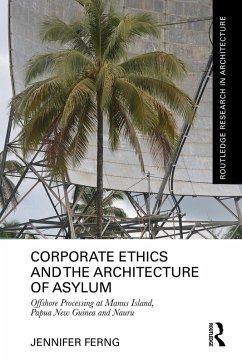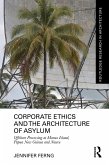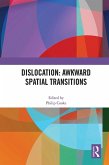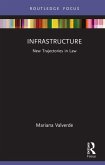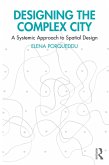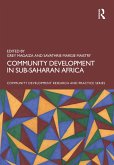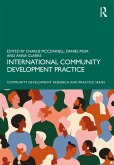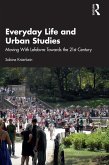Multinational contractors responsible for the construction and maintenance of regional processing centres in Papua New Guinea and Nauru have flourished as powerful historical actors, exerting global dominance over the lives of asylum seekers wishing to come to Australia. Transitioning from the policeman or security guard towards the subject of the asylum seeker, this book contends that entanglements between architecture and law represent important epistemic models to interrogate how asylum can be understood and reconceptualised. Proposing diverse forms of visual and textual evidence, asylum is repositioned as a dynamic, ever-changing countermeasure against xenophobic sentiments around offshore processing. Over six chapters, Corporate Ethics examines how the regional processing centres of Manus Island and Nauru are deeply connected to the intellectual discourses of care, environmental precarity, human rights, and sovereignty. From Rembrandt's De Nachtwacht or Night Watch (1642) to recent advancements in artificial intelligence and legal testimonies, picturing the future of asylum serves as a critical tool to resist state authoritarianism and the rise of corporate malfeasance in the built environment.
This book will be of interest to researchers and students of humanitarian architecture, architectural history, and Asia Pacific politics.
Recommended reading by the Migration Policy Institute, United States.
Dieser Download kann aus rechtlichen Gründen nur mit Rechnungsadresse in A, B, BG, CY, CZ, D, DK, EW, E, FIN, F, GR, HR, H, IRL, I, LT, L, LR, M, NL, PL, P, R, S, SLO, SK ausgeliefert werden.

